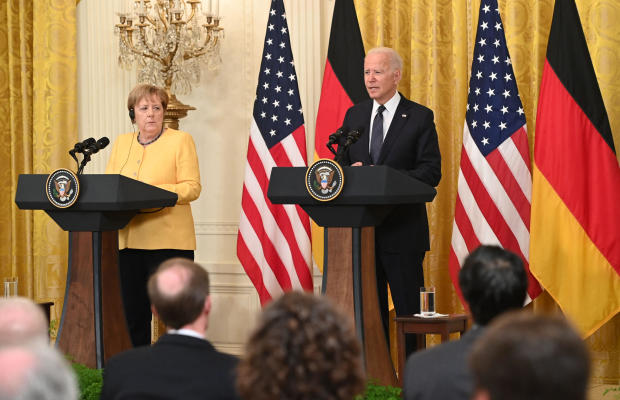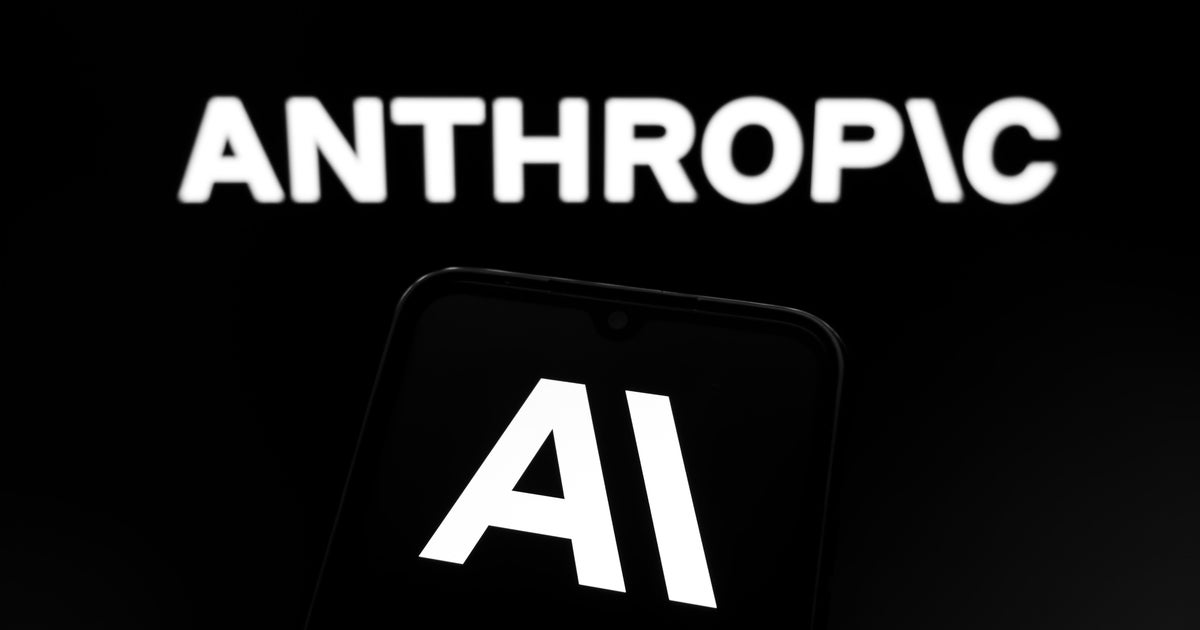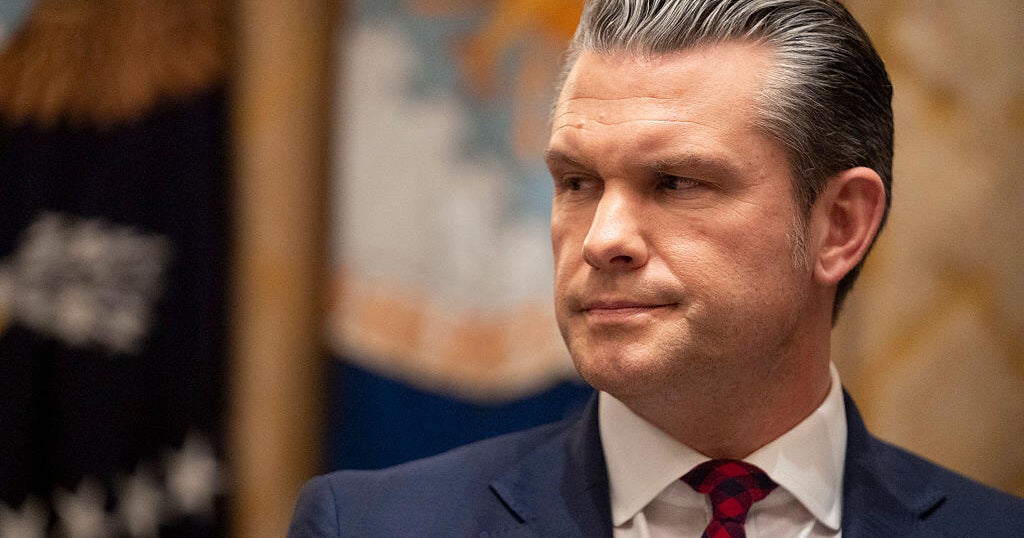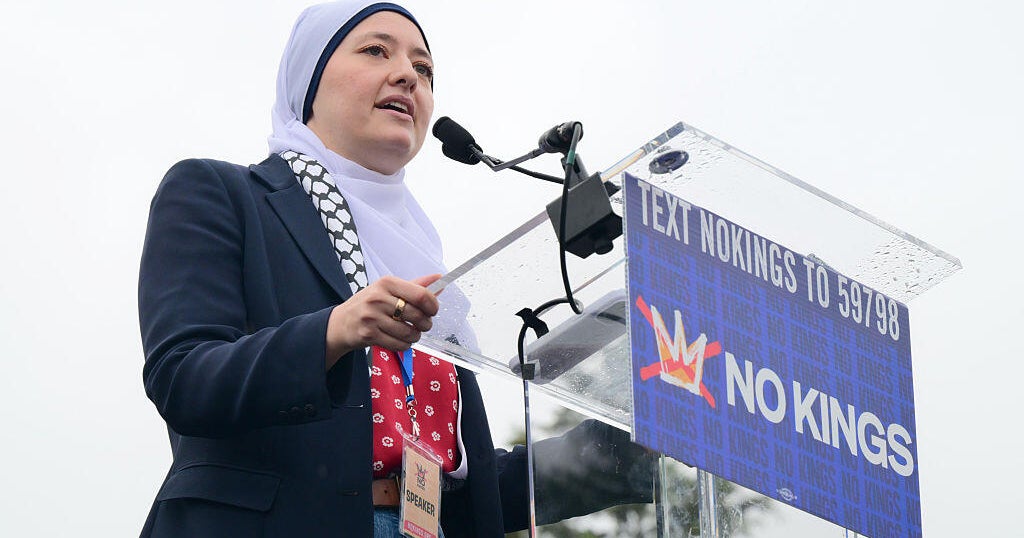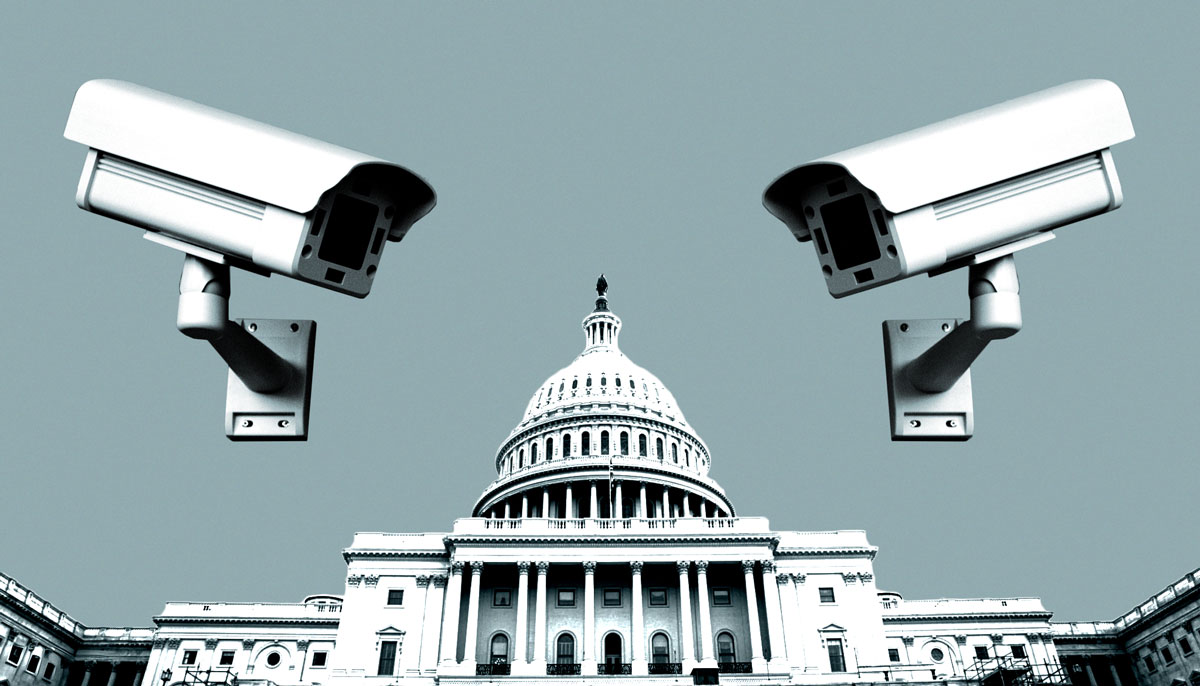Biden says sending U.S. forces to Haiti "not on the agenda at this moment"
Washington — President Biden said Thursday that sending American forces to Haiti "is not on the agenda at this moment." Haiti had asked the U.S. and U.N. for military forces to help secure the nation's major infrastructure in the wake of the assassination of Haitian President Jovenel Moïse days ago.
Mr. Biden told reporters at a joint news conference with German Chancellor Angela Merkel that the U.S. is only sending American Marines to the embassy in Haiti to make sure it's "secure and nothing is out of whack at all."
At the same time, Cuba has recently seen a wave of protests over food shortages, rising prices, and the government's failure to arrest rapidly spiking COVID-19 infections. Asked about Cuba and communism by CBS News Radio White House correspondent Steven Portnoy, Mr. Biden said, "Communism is a failed system. A universally failed system. And I don't see socialism as a very useful substitute."
Mr. Biden said he'd be willing to give "significant amounts of vaccine" to Cuba, but only "if in fact, I was assured an international organization would administer those vaccines and do it in the way that average citizens would have access to those vaccines."
During the news conference, the president also touched on doubts about the infrastructure and "human" infrastructure proposals that are expected to be considered by the Senate in the coming days.
"Look, I understand why the press, among others, is skeptical that I can actually get this deal done on infrastructure and on human infrastructure," Mr. Biden said. "I've watched and listened to the press to declare my initiative dead at least 10 times so far. I don't think it's dead. I think it is still alive. I still have confidence we are going to be able to get what I have proposed and what I have agreed to in a bipartisan agreement on infrastructure."
He said of the GOP senators who are part of the bipartisan infrastructure deal, "I trust the members of the Republican senators who have made the commitments relative to how we should proceed and what would be included in the package for infrastructure. They're men and women of honor, and I expect they would keep their commitment."
During Thursday's meetings with Merkel, who has been chancellor for over 15 years and will soon be leaving office, Mr. Biden emphasized the strength of the U.S.-Germany relationship Thursday, insisting the relationship between the two countries is "strong and getting stronger."
The president announced the two countries are launching a climate and energy partnership to work on pressing climate change issues, as well as a "futures forum" to collaborate on ideas in fields including business and science. Mr. Biden also said he and Merkel are united in their conviction that Russia must not be allowed to use energy as a weapon to push around its neighbors. Merkel, for her part, also addressed the threats of Russia and China.
Merkel, through a translator, said the U.S. is "evaluating the matter" of travel restrictions from Germany to the U.S., which came up in her meeting with the president. Germany is currently on the U.S. list of countries with travel restrictions, even as vaccines become more widely available. Merkel noted the prevalence of the Delta variant as a consideration. And she discussed their conversations about Nord Stream 2, the pipeline that will transport natural gas from Russia to Germany, and navigating economic and diplomatic relations with Russia.
"But let me say very clearly, our idea is and remains that Ukraine remains a transit country for natural gas, that Ukraine, just as any other country in the world, has the right to territorial sovereignty, which is why we continue to be engaged," she said. "We will be actively acting should Russia not respect this right of Ukraine that is has as a transit country. So, Nord Stream 2 is an additional project, and sadly not a project replace any sort of transit to Ukraine. Anything else would obviously create a lot of tension."
The two leaders in their meeting together also addressed the need to share vaccines around the world, as well as security challenges in places like Afghanistan.
The president and first lady Jill Biden are hosting Merkel and her husband, Joachim Sauer, for dinner in the State Dining Room. The dinner will include a variety of guests, ranging from Senate Minority Leader Mitch McConnell to former Secretary of State Hillary Clinton. Vice President Kamala Harris and Second Gentleman Doug Emhoff will be present for dinner, too.
